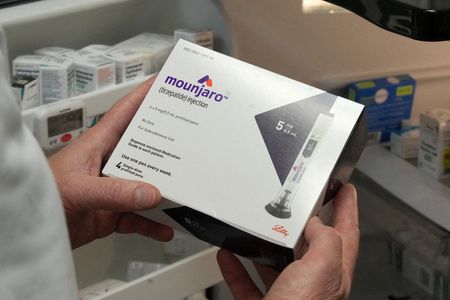By Duncan Miriri
NAIROBI (Reuters) -Kenyan lawmakers have passed a bill to regulate digital assets like cryptocurrencies, a senior parliamentarian said on Monday, as it seeks to boost investments into the sector by putting clear rules in place for the emerging industry.
Legislators enacted the Virtual Asset Service Providers Bill last week, said Kuria Kimani, the chairman of the finance committee in the national assembly, seeking to address worries over the lack of clear regulations to govern the sector.
The move puts the East African nation one step away from joining others like South Africa as the only African nations with laws to govern the digital assets industry, he said, adding President William Ruto now needs to sign it into law.
The act sets out the central bank as the licensing authority for issuance of stablecoins and other virtual assets, while the capital markets regulator will license those who wish to operate crypto exchanges and other trading platforms.
The government’s move comes as countries now brace for a boom in U.S. dollar-backed stablecoins that global rulemakers have warned could undermine less developed economies’ own currencies.
The expected legal clarity is likely to attract increased investments into the financial technology sector including from crypto exchanges like Binance and Coinbase, Kimani said, citing past conversations between those platforms and the government.
“We are hoping that Kenya can be now the gateway into Africa,” he said. “Most of the young people between 18 and 35 years of age are now using virtual assets for trading, settling payments and as a way of investment or doing business.”
Although the digital assets industry has grown exponentially across the world in the last decade, regulation has been an area of concern as governments wrestle with ways of preventing criminals from taking advantage of the anonymity of the systems.
The Kenyan law has borrowed from established practices from other countries like the United States and Britain, Kimani said.
Kenya is recognised for pioneering mobile-phone-based financial services, with its M-Pesa technology — operated by telecoms company Safaricom — providing services like money transfer, savings and investments to tens of millions of people.
(Reporting by Duncan Miriri; Additional reporting by Marc Jones in London; Editing by William Maclean)











